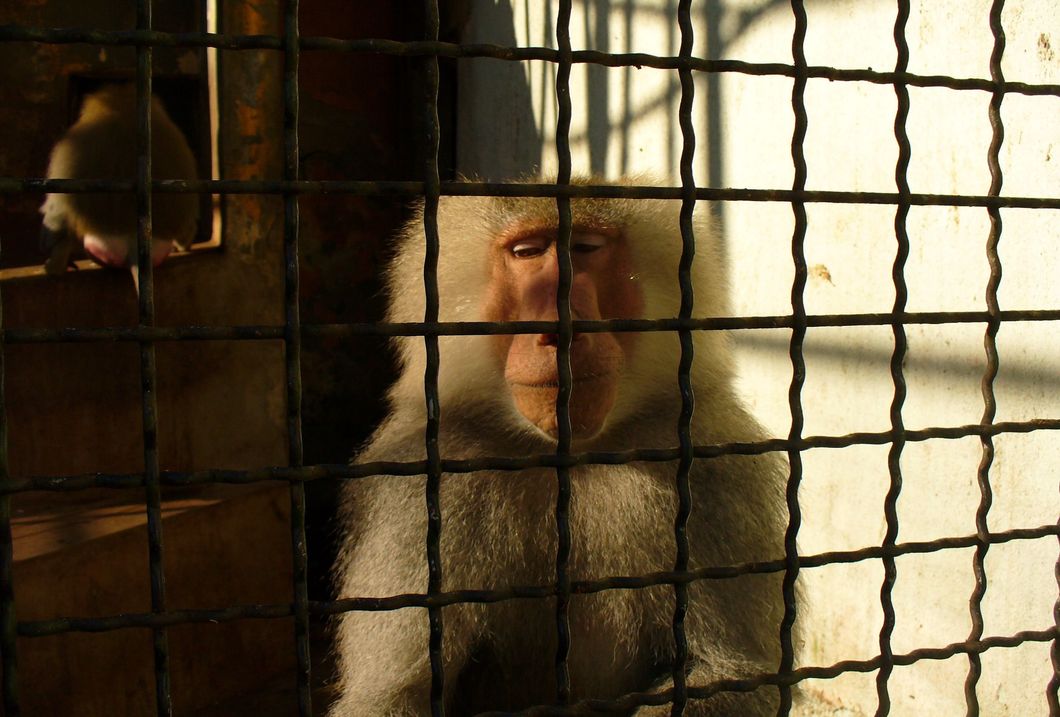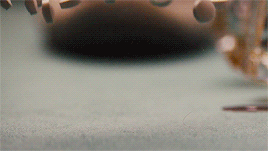Zoos are glamorized as being a fun place to go to see animals that you wouldn't ordinarily see every day. Zoos are particularly fun for children who are intrigued by the creatures they have never seen before. Though zoos may be nice for our enjoyment, what about the animals? The sad truth is that in most zoos, the animals are not enjoying their stay.
Anyone who has watched the film Blackfish is able to tell you that captivity makes whales go crazy, but this doesn't just go for orcas. In the wild, elephants walk up to 30 miles per day, while bears are active for up to 18 hours per day. Lions and tigers run and climb many miles per day searching for prey. When these animals are held in tiny cages or pins, they are deprived of all things natural to them. Living without doing things natural to their species, a condition called "zoochosis" is likely to occur. Animals begin to act strangely and even hurt themselves or others out of boredom and frustration. The behavior shown by animals held captive is far from the natural ways in which they act in the wild.
Not only does captivation infringe upon the health of animals, but it also affects their safety. Animals in zoos all over the US have been poisoned, starved, or even denied basic veterinary care. Children often throw trash into the pins of animals, making them sick after trying to eat the waste. Along with the everyday suffering that these animals endure, during the face of a natural disaster, they have no refuge. After Hurricane Katrina, tens of thousands of aquatic animals at Audubon Aquarium of the Americas in New Orleans died after employees were forced to evacuate, and no one was left to care of the locked up creatures.
The most revealing piece of evidence showing that the animals in zoos are unhappy is the fact that many of the animals have been prescribed antidepressants. From penguins to gorillas, the animals are so unhappy that zoos have to find alternate ways to make the creatures appear happy to the public. That's right, humans aren't the only species to struggle with depression.
Because zoos are more concerned with making money than with the animals, fail to provide sufficient space, and allow the suffering of animals without any intervention, zoos should not be supported like they are today. Before planning your next trip to the zoo, think twice about what you are really paying for. Not just for your enjoyment, but for the animals to suffer for even longer. After spending money on a trip to the zoo, the animals are the ones who pay the real price, not you.



















